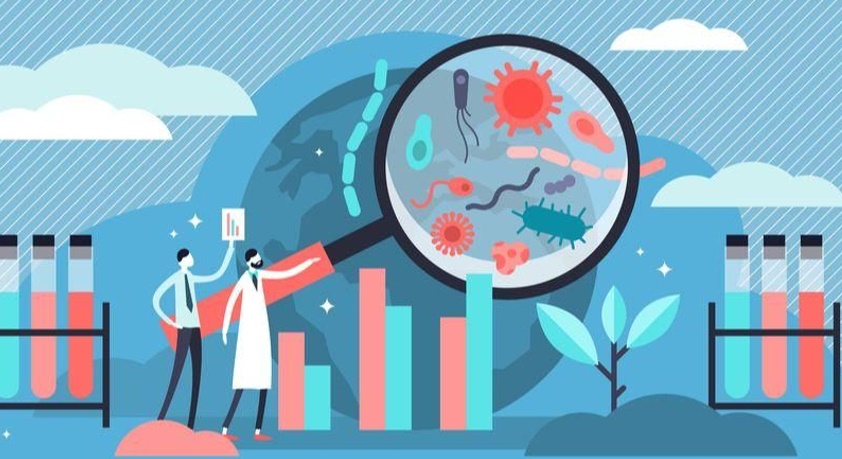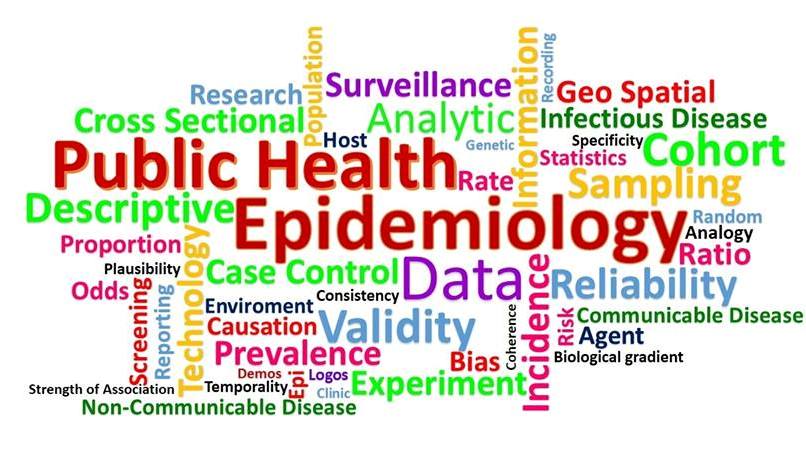Epidemiology is a field in public health sciences. Broadly speaking, this study learn the pattern of the spread of a disease or health problems in the community and provide the data for program planning.
There are a lot of field in public health topics. Among them is the administration and health policy, hospital management, health promotion, epidemiology, occupational safety and health, biostatistics, environmental health and others.
As public health issues, during the Covid-19 pandemic, epidemiology immediately shot up and was no stranger to hear because it is widely use in handling the corona virus.
Then what is the science of epidemiology like? Check out the following reviews:
Epidemiology Meaning

Epidemiology is the study of disease distribution and determinants, as well as efforts to control disease or public health problems.
Distribution or dissemination of the disease becomes important to analyze before making any effort or control programs. The three main distribution lines of the disease are according to person, time and place.
- Distribution based on people, related to the characteristics (age, sex, ethnicity, occupation, etc.) of the community affected by a disease. For example, hypertension, this disease is more common in the elderly than children.
- The distribution based on the place, which is to see the characteristics of the disease occur scene. For example, malaria is more common in the eastern region.
- Distribution according to time is things related to when the disease spread. For example, dengue fever often occurs in the rainy season.
Based on these distributions, the determinants or risk factors that can contribute to the occurrence of a disease can be identified. Then, it can be easy to determine how to prevent it.
The History of Epidemology

The term epidemiological raised during the Greek Hippocrates. He stating that the environtment influenced the incidence of the disease. Hippocrates is known as the “Father of Medicine”
One history of the application of the science of epidemiology example is by John Snow. He was successful in overcoming causes of infectious disease called cholera in London.
John Snow solved the public health problems of cholera using an epidemiological research by analyzing factors places, people, and time.
The investigation carried out by looking at the areas with the most cholera-infected populations. It was also found that the population uses the source of the same water pump and in fact has been polluted by sewage.
The distribution of cholera was higher in the population in polluted water pump areas than in areas that did not use the water pump. Therefore, the pump was found as the root cause of cholera as water borne infections and then the treatment was done by closing the polluted water pump.
Usability of Applied Epidemiology

Based on the definition, epidemiology’s benefit is to find out the health status of a society. That description will be use as material for planning a public health program.
The following is an outline of the benefits of applied epidemiology:
- Knowing the cause or determinant of a disease
- Describe the pattern of disease spread in the community
- Learn the natural history of the disease process
- Develop planning materials for disease prevention of public health programs
- Evaluating the public health programs
- Predicting probability of occurrence of disease in the community.
As well as the history of John Snow, the science of epidemiology benefits is to find the pattern of spread of disease, the determinant factor and then both will be the material for prevention programs development.
Notes from DeveHealth:
Types of epidemiology is now increasingly widespread and made more specific in dealing with a disease in society.
Becoming an epidemiologists, the most of the tasks carried out are investigating an epidemic in public health issues and analyzing how to take steps or how to overcome it.




